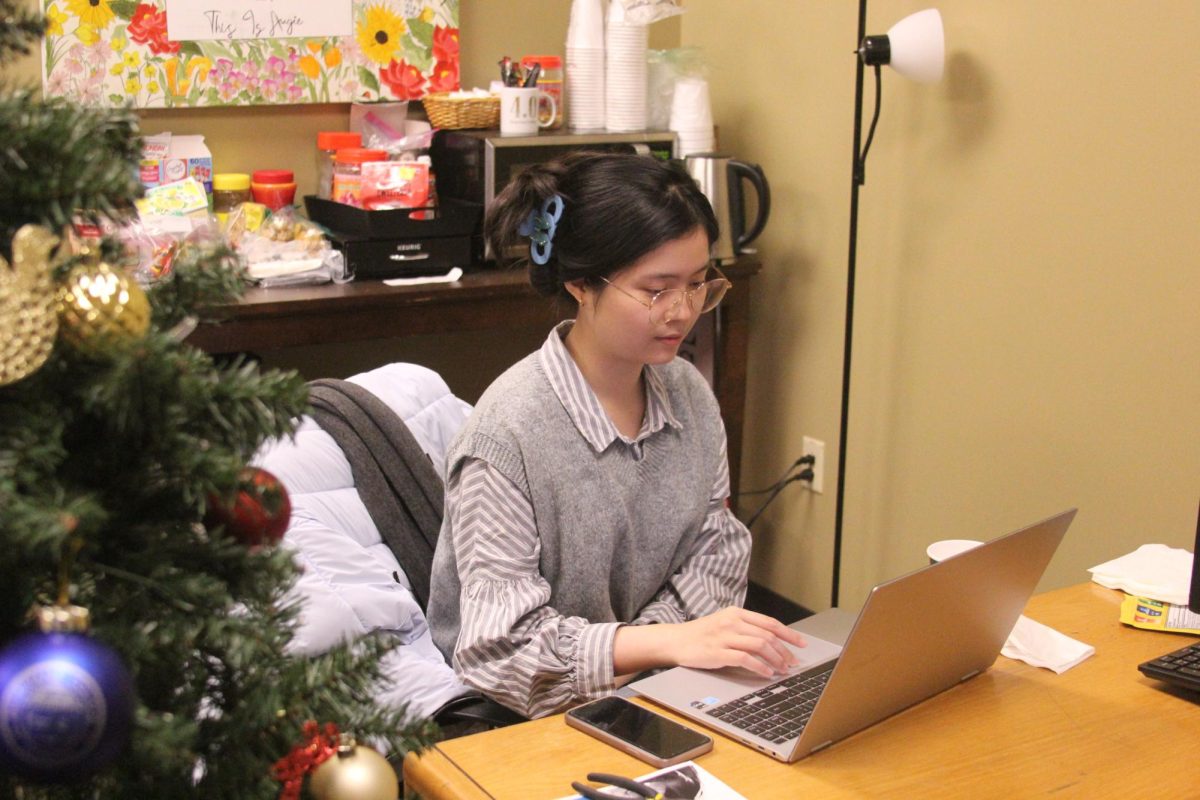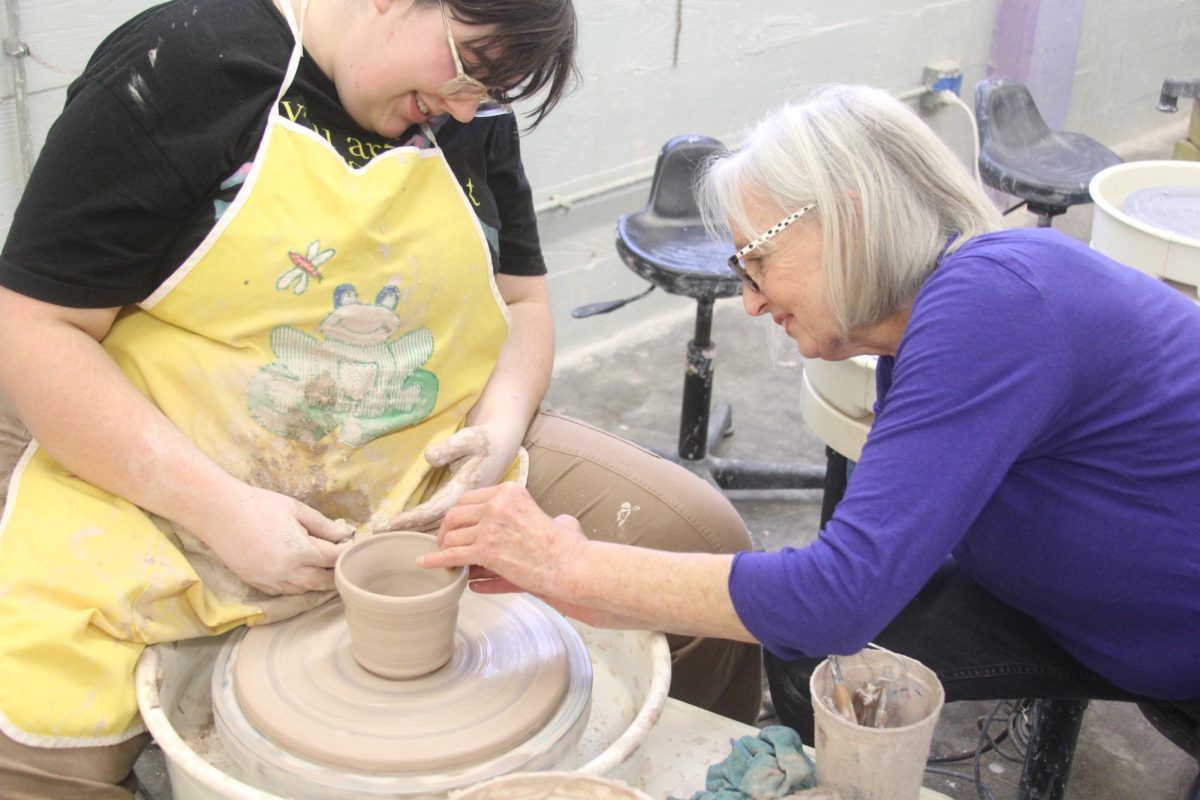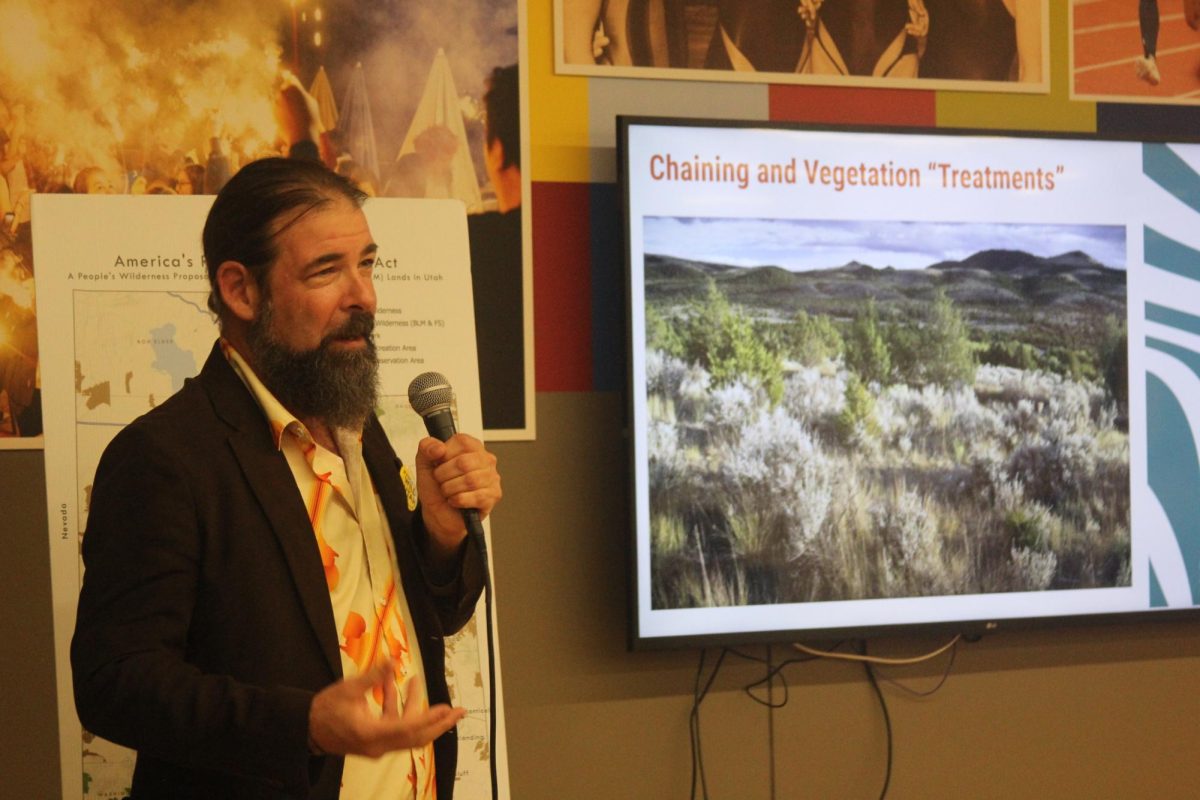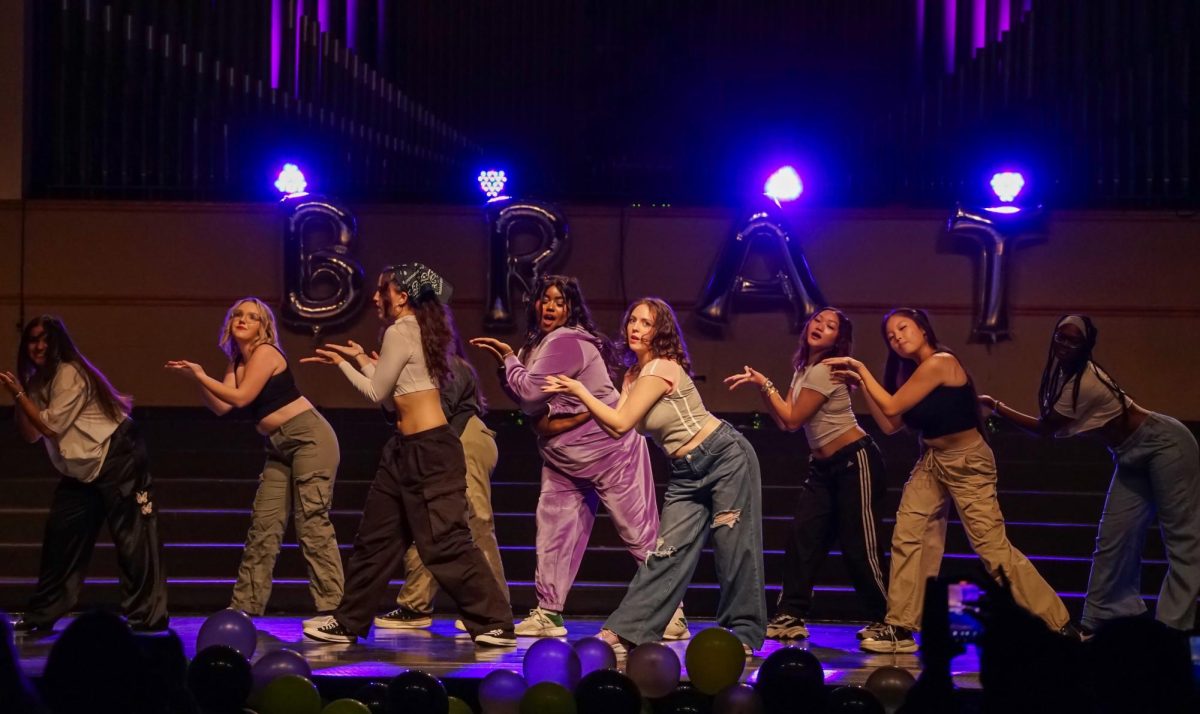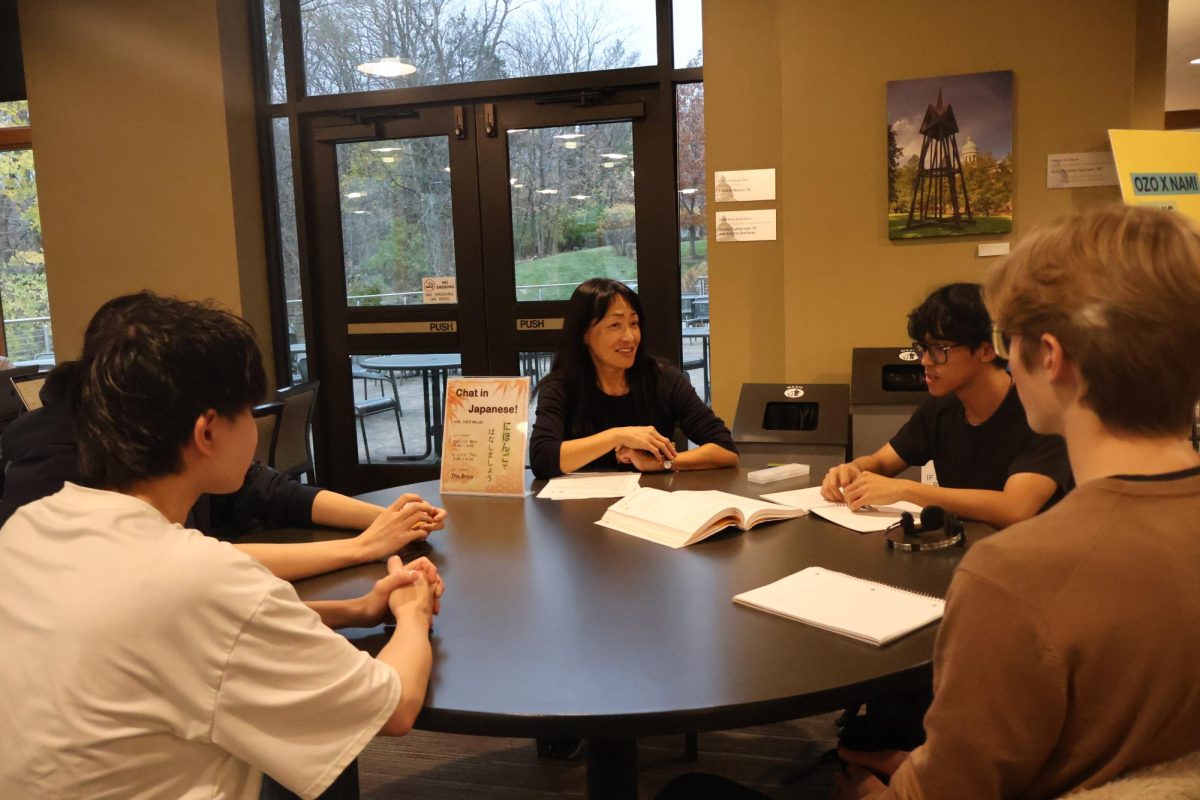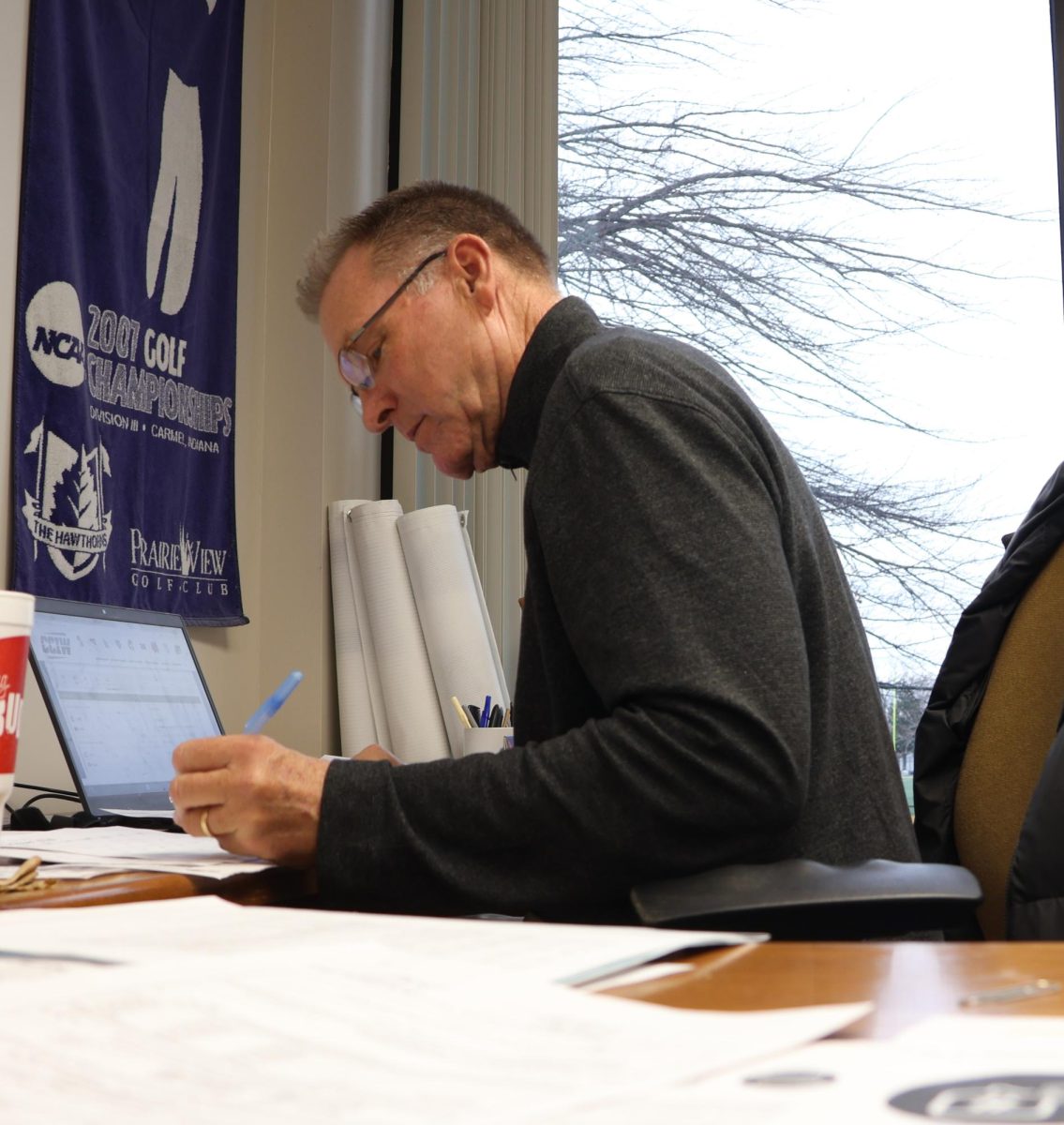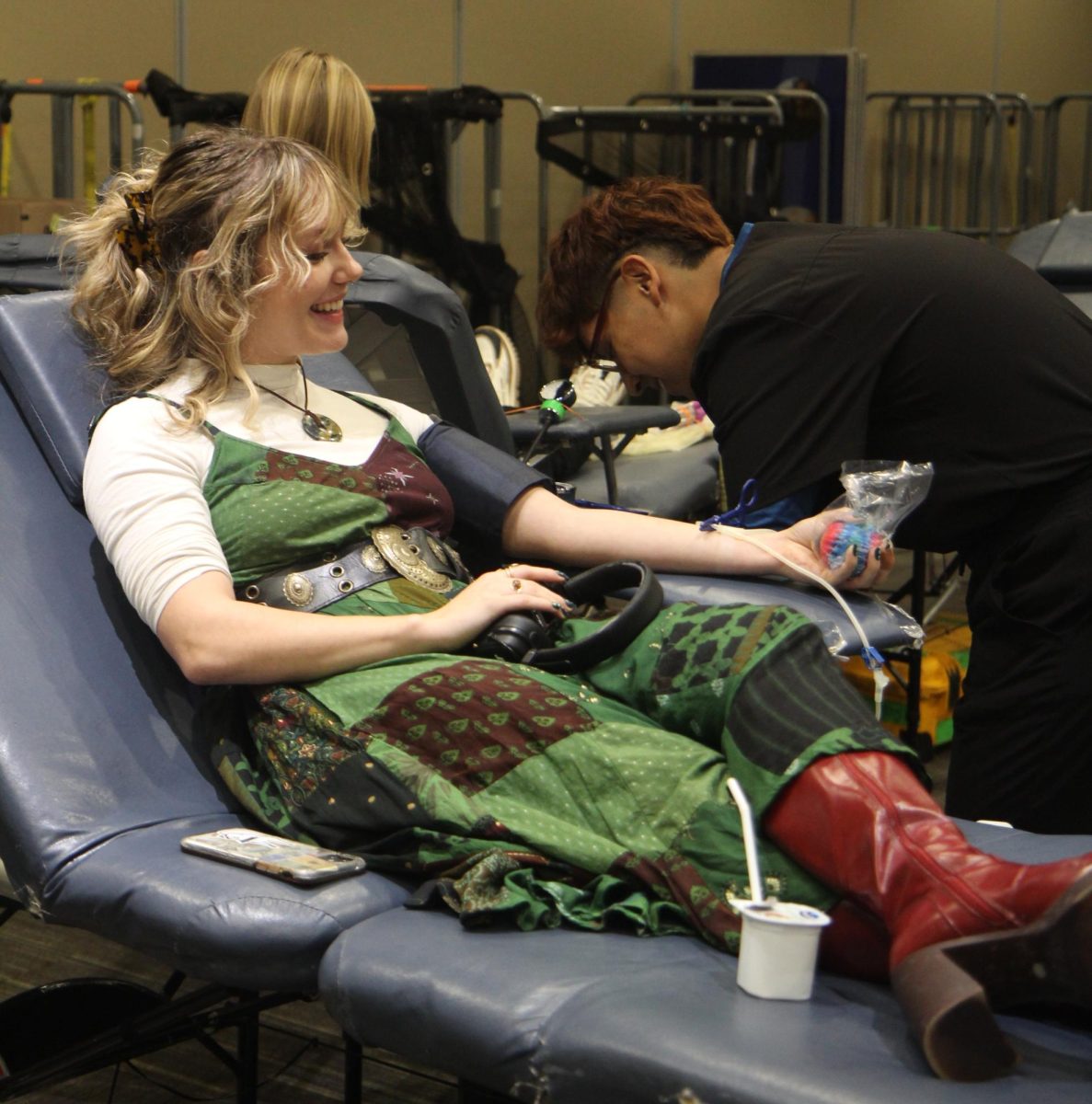Laura Hartman, assistant professor in religion, and her partner, Anne Dickey, helped lobby the vote for the gay marriage equality bill, which Gov. Pat Quinn signed into law on Wednesday, Nov. 20. Illinois is the 16th state to legalize same-sex marriage.
Hartman and Dickey worked with Lambda Legal, a nonprofit legal organization whose mission is to achieve full recognition of civil rights of lesbians, gay men, bisexuals, and transgender people. Hartman and Dickey were plaintiffs on a lawsuit to pass gay marriage.
Hartman and Dickey went to Springfield three times to talk to Sen. Mark Kirk and members of the Illinois House of Representatives including Patrick Verschoore, Donald L. Moffitt, Mike Smiddy and former member Joseph Lyon.
“Mark Kirk was very supportive,” said Hartman. “The first time (we went to Springfield) Pat Verschoore was not very interested, but he was more receptive the second time.”
Hartman attended lobby days in Springfield where those for and against same-sex marriage could meet with politicians to discuss the issue. She was not sure what to expect during meetings with congressmen in Springfield.
“It was a learning experience,” Hartman said. “I thought we would talk to them and they would tell us their vote. But almost everyone was kind of cagey and didn’t want to commit to a certain side.
The Gay Straight Alliance at Augustana also helped push to vote to legalize same-sex marriage. They worked with the Illinois Unites for Marriage coalition and held two phone banks last trimester.
Students met in Olin and tallied how many times they called a certain number.
Sophomore Jacob Hoaglund, president of GSA, said every call was in support of gay marriage.
“Every call would go straight to a phone bank, like a petition,” Hoaglund said.
According to the Illinois Unites for Marriage website, a total of 31,000 phone calls, 80,000 emails and 18,000 postcards were made to legislators in support of gay marriage in Illinois.
Hoagland said GSA discussed and celebrated Illinois’s new marriage law, which passed in the Senate on Feb. 14 and the House of Representatives on Nov. 5.
“It’s becoming less taboo in our country,” Hoaglund said. “Racial marriage used to be the big issue, but now we’re thinking that when we have kids, they won’t worry about having same-sex parents. It’s cool that these social norms are changing.”
Jane Simonsen, associate professor of history and women’s and gender studies, was the advisor for GSA for four years.
Simonsen said GSA was about “making sure that his is a safe campus” and that “students have a place to go and talk and feel safe.”
She said homosexuality and gender roles are often discussed in 300 and 400-level women’s and gender studies classes too.
“The Gender and Sexuality class is really popular,” said Simonsen. “It asks questions about the dialogue between science and culture, like if sexuality can be scientifically proven.”
In reaction to the new marriage law, Hartman said she has heard mostly positive responses, but not from everyone.
“For some it is a cause of sadness, a questioning about direction,” Hartman said. “I think people are more worried about the general idea of marriage.”
Hartman agreed that the U.S. as an institution is struggling, but in a good way.
“I think it’s going to keep moving forward,” said Hartman. “It’s really exciting to think that our efforts helped push the vote to pass gay marriage.”
Categories:
Faculty; GSA help push gay marriage vote
November 22, 2013
0
Tags:
More to Discover

